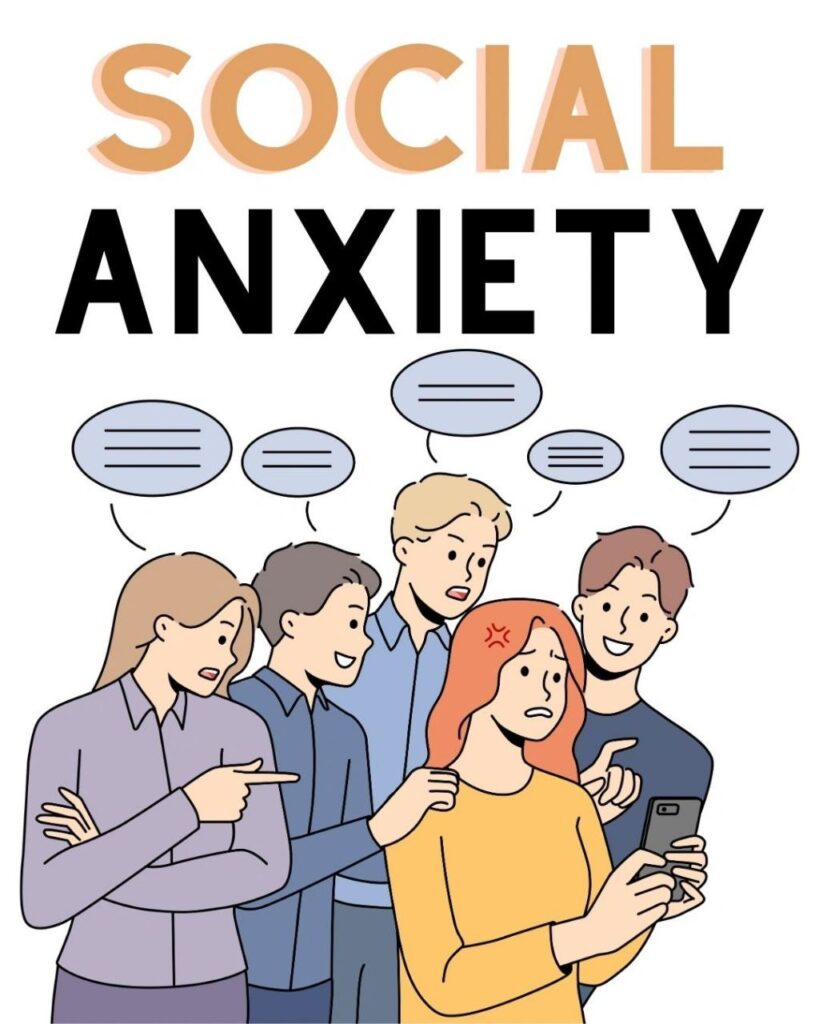Overcoming Social Phobias: A Step-by-Step Guide to Regaining Confidence
Social phobias, also known as social anxiety disorder, can be a debilitating and distressing condition that affects millions of people worldwide. Characterized by an excessive and persistent fear of being judged, evaluated, or rejected by others, social phobias can make even the most mundane tasks seem daunting and overwhelming.
However, the good news is that overcoming social phobias is possible with the right treatment, support, and strategies. In this article, we’ll explore the causes of social phobias, the signs and symptoms, and provide a step-by-step guide on how to overcome them.
What Causes Social Phobias?
Research suggests that social phobias are often linked to a combination of genetic and environmental factors. People who have experienced traumatic events, such as bullying or ridicule, may be more prone to developing social phobias. Additionally, societal pressures and cultural expectations can also contribute to the development of social phobias.
Signs and Symptoms of Social Phobias
Individuals with social phobias may exhibit a range of symptoms, including:
– Fear of being judged or evaluated by others
– Avoidance of social situations or events
– Physical symptoms such as sweating, trembling, or rapid heartbeat in social situations
– Difficulty speaking up or participating in group discussions
– Feeling anxious or self-conscious in the presence of others
Overcoming Social Phobias: A Step-by-Step Guide
- Seek Professional Help: Consult a mental health professional, such as a therapist or counselor, who has experience in treating social phobias. They will help you develop a personalized treatment plan and provide support throughout the recovery process.
- Learn Relaxation Techniques: Techniques such as deep breathing, progressive muscle relaxation, and visualization can help you manage anxiety and reduce symptoms.
- Gradual Exposure: Gradually expose yourself to feared social situations or activities, starting with small steps. This will help you build confidence and become more comfortable in social settings.
- Positive Self-Talk: Practice positive self-talk by focusing on your strengths and accomplishments. This will help boost your confidence and self-esteem.
- Support System: Surround yourself with supportive friends, family members, or online communities who can offer encouragement and understanding.
- Reframe Negative Thoughts: Challenge negative thought patterns by reframing them in a more positive and realistic light.
- Practice Mindfulness: Practice mindfulness meditation to increase self-awareness and reduce anxiety.
Conclusion
Overcoming social phobias requires patience, persistence, and support. By seeking professional help, learning relaxation techniques, gradual exposure, positive self-talk, building a support system, reframing negative thoughts, and practicing mindfulness, you can regain confidence and live a more fulfilling life. Remember that overcoming social phobias is a process that takes time, but with the right strategies and support, you can achieve your goals and live a life free from the constraints of social anxiety.
References:
https://www.nimh.nih.gov/health/publications/social-anxiety-disorder-more-than-just-shyness
https://www.amazon.com/Overcoming-Shyness-Social-Phobia-Step/dp/0765701200
https://www.helpguide.org/mental-health/anxiety/social-anxiety-disorder
Websites:
Britmed Healthcare: https://britmedhealthcare.co.uk/
Nightingale Hospital: https://www.nightingalehospital.co.uk/
Top Doctors: https://www.topdoctors.co.uk/doctor/ahmed-el-missiry
You can also book, Contact us on WhatsApp 08009708017




